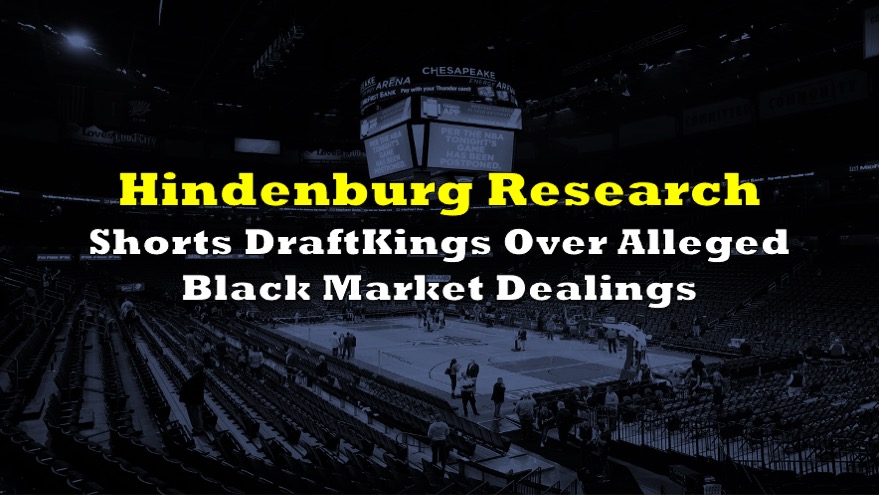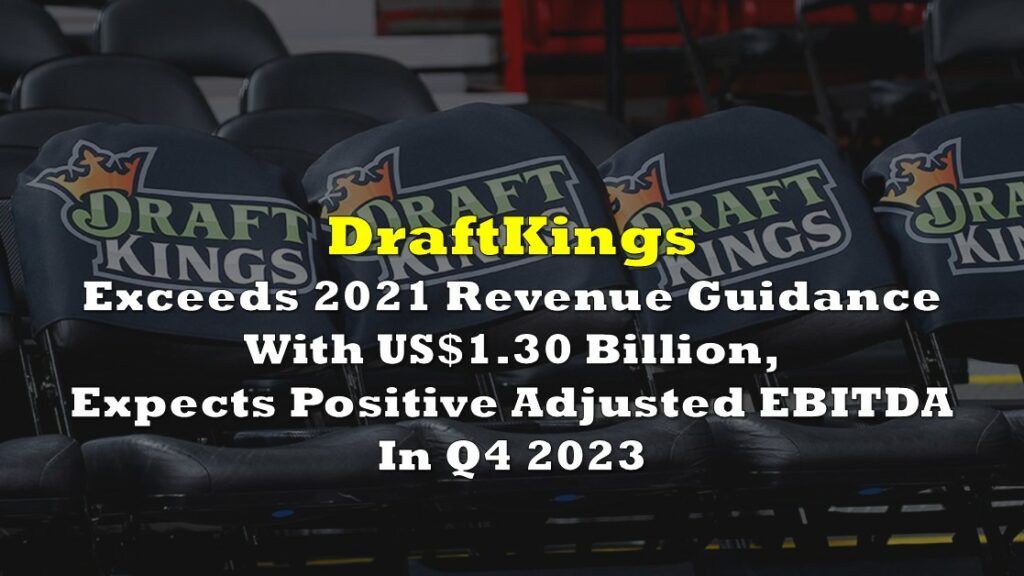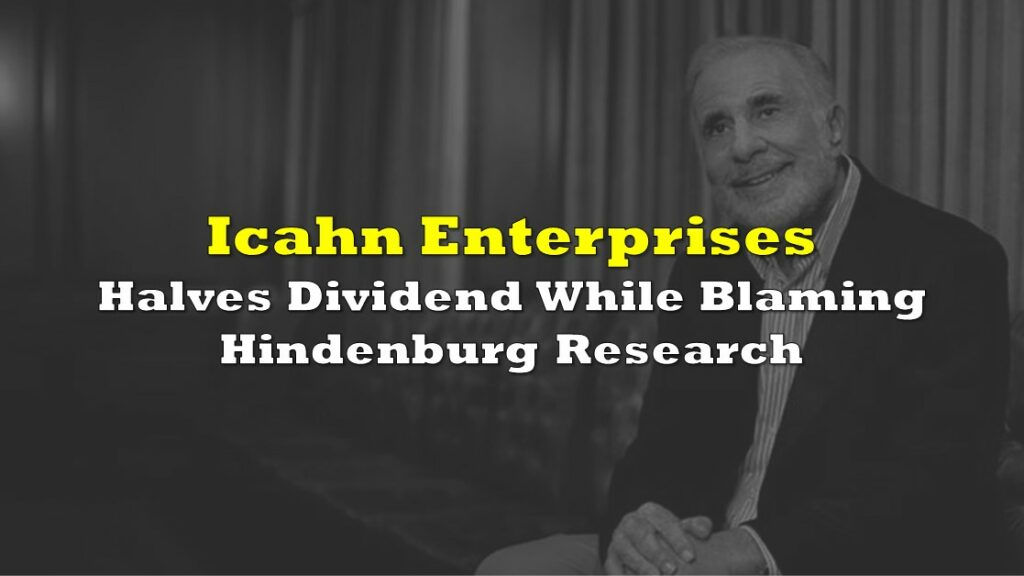Hindenburg Research has done it again: this time, the investment research firm has zeroed in on DraftKings, yesterday revealing its short position against the sports betting operator due to alleged activity in illicit gambling markets.
Shares of DraftKings were sent tumbling on Tuesday, after a report published by Hindenburg Research alleged that the sports betting company has been deriving a significant portion of its income from illegal gambling markets. In the report, titled “DraftKings: A $21 Billion SPAC Betting It Can Hide Its Black Market Operations,” Hindenburg had revealed its short position against the sport betting operator, using supporting evidence from interviews with DraftKings former employees, as well as analysis of back-end internet infrastructure and numerous SEC filings.

DraftKings, which was among the first companies to make its public debut via the latest SPAC craze, had united with blank-cheque company Diamond Eagle, as well as SBTech, a B2B gaming services company. Since then, DraftKings has turned into a relatively successful business, surging by more than 400% from its initial $10 listing price, while boasting a market cap of over $20 billion.
However, according to Hindenburg, SBTech has a significant history of operating in illegal gambling markets, particularly in Iran and China, and deriving nearly 50% of its revenues from the illicit jurisdictions. Referring to evidence from former employees as well as an Oregon public records request, The short seller alleged that SBTech had been conducting gambling activity in Iran for at least five years, and is currently operating in China even despite the country’s stringent laws against online gambling.
“Unbeknownst to investors, DraftKings’ merger with SBTech also brings exposure to extensive dealings in black-market gaming, money laundering and organized crime,” the report said.
In addition, Hindenburg also alleged that DraftKings’ insiders had a significant advantage when the company’s share price went soaring, as they were able to sell a combined $1.4 billion in stock. Indeed, according to SEC filings later reviewed by the Financial Times, SBTech founder Shalom Meckenzie had sold $568 million worth of shares beginning in June 2020, and transferred what was remaining of his 11% stake in the company to a trust for his family.
In response to Hindenburg’s scathing allegations, DraftKings had denied any wrongdoing, instead saying that the “report is written by someone who is short on DraftKings stock with an incentive to drive down the share price,” adding that “our business combination with SBTech was completed in 2020. We conducted a thorough review of their business practices and we were comfortable with the findings. We do not comment on speculation or allegations made by former SBTech employees.”
Information for this briefing was found via Hindenburg Research and the Financial Times. The author has no securities or affiliations related to this organization. Not a recommendation to buy or sell. Always do additional research and consult a professional before purchasing a security. The author holds no licenses.









